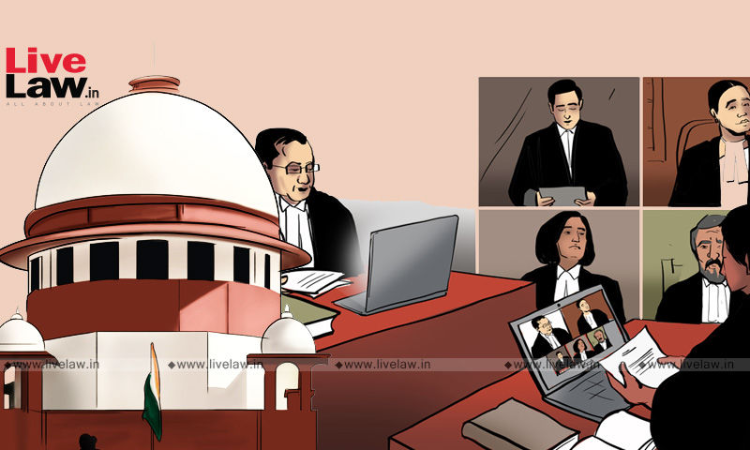The Supreme Court on Friday orally remarked that virtual hearing cannot be a norm, as it was adopted to meet the extraordinary crisis created by the COVID pandemic. The Court also commented that it is one thing to say that the public has right to witness the court hearings through live stream and another thing to say that they should have the right to have "virtual hearings".A Bench of...

